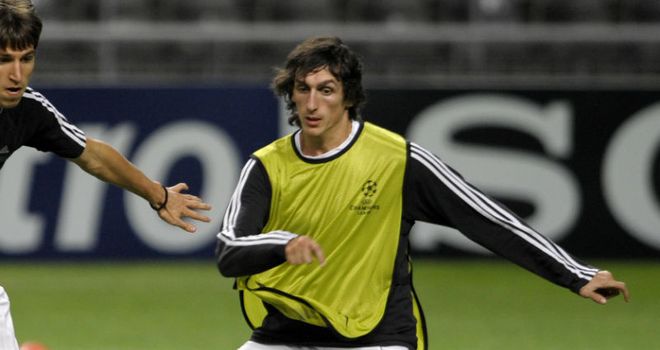The memory of Liverpool’s Luis Suarez-inspired dismantling of Manchester United in March was still fresh and Damien Comolli’s mobile phone was trilling incessantly.
“I was getting phone calls from agents telling me that their player would love to come,” said Anfield’s director of football towards the end of last season.
Yet the engaged tone that greeted callers to Comolli’s mobile is no more, with reality having bitten since for Liverpool, who returned to pre-season training yesterday. First Phil Jones, then Ashley Young and now Gael Clichy have all escaped their eager clutches, opting instead for the instant lure of the Champions League now on offer on both sides of Manchester’s football divide.
Consider that the £9 million fee paid by Sunderland for long-term target Connor Wickham was ultimately deemed too excessive, that Rennes winger Sylvain Marveaux pitched up at Newcastle and Brad Friedel opted for the No 1 jersey at Spurs rather than a back-up role at his first English club, and Liverpool now have work to do to regain the feelgood factor that followed manager Kenny Dalglish’s return.
There is still time to recruit high-calibre reinforcements and there will be no sense of panic but, in fairness to Comolli, the onus inevitably now falls on the owners, Fenway Sports Group, to underline their enthusiasm and ambition. With Liverpool already appearing resigned to moving for players who would ideally only be second choices, finalizing long-standing interest in Charlie Adam and Stewart Downing would avoid raising more awkward questions.
Principal owner John W Henry insisted last week he is committed to building for the future before highlighting the need for Liverpool to operate “within the parameters UEFA have set forth under their Financial Fair Play rules”. Their looming introduction was a huge factor in persuading Henry to invest £300m in Liverpool last October, the notion of a level playing field convincing him he was buying a team who would be able to compete.
Yet it would be better for Liverpool to make sure they are in Europe – and preferably the Champions League – before becoming too sidetracked by red tape.
A transfer policy focusing on buying young players needs to be flexible enough to recognize Liverpool need reinforcements for today, not just players for tomorrow.
And having previously targeted English or British talent, it is also a bit rich for Liverpool to now mumble of inflated prices and of having to switch to the Continent for players given they set a precedent by paying £35m for Andy Carroll.








